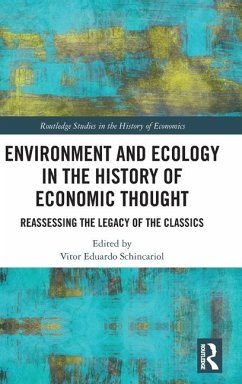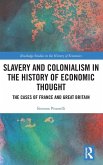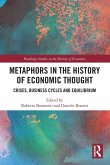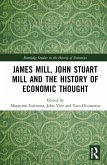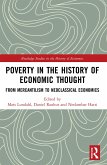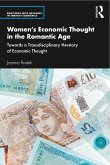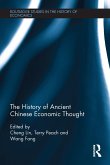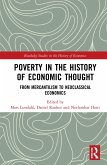This volume proposes a reconsideration of ecological and environmental aspects of the work and ideas of various heterodox authors and traditions in the history of economic thought, including the field of economic development.
Many of the contributors to this book focus on thinkers and works which are not typically considered as part of the ecological sphere, while others consider such economists in a new light or domain. Thus, the book elucidates a new and useful research field of reconsidering ecological dimensions in the traditional history of economic thought as well as helping to delineate alternative views for ongoing debates on ecological themes. Did Veblen, Keynes, Sraffa, C. Furtado and other key economists and schools of thought of our age have relevant and useful insights with respect to environmental issues? Which aspects of their intellectual legacies should eventually be discarded in the face of our new environmental challenges? On the contrary, what aspects of their economic theories can be updated and adapted to a better interpretation of our present ecological concerns? How do they differ, and why? The essays contained in this book will help to answer these questions, by means of recovering, analysing and updating the work of some of the most relevant heterodox economists and schools of thought of our time.
This book will be of great interest for readers in the history of economic thought, ecological economics, environmental economics and economic development.
Many of the contributors to this book focus on thinkers and works which are not typically considered as part of the ecological sphere, while others consider such economists in a new light or domain. Thus, the book elucidates a new and useful research field of reconsidering ecological dimensions in the traditional history of economic thought as well as helping to delineate alternative views for ongoing debates on ecological themes. Did Veblen, Keynes, Sraffa, C. Furtado and other key economists and schools of thought of our age have relevant and useful insights with respect to environmental issues? Which aspects of their intellectual legacies should eventually be discarded in the face of our new environmental challenges? On the contrary, what aspects of their economic theories can be updated and adapted to a better interpretation of our present ecological concerns? How do they differ, and why? The essays contained in this book will help to answer these questions, by means of recovering, analysing and updating the work of some of the most relevant heterodox economists and schools of thought of our time.
This book will be of great interest for readers in the history of economic thought, ecological economics, environmental economics and economic development.

